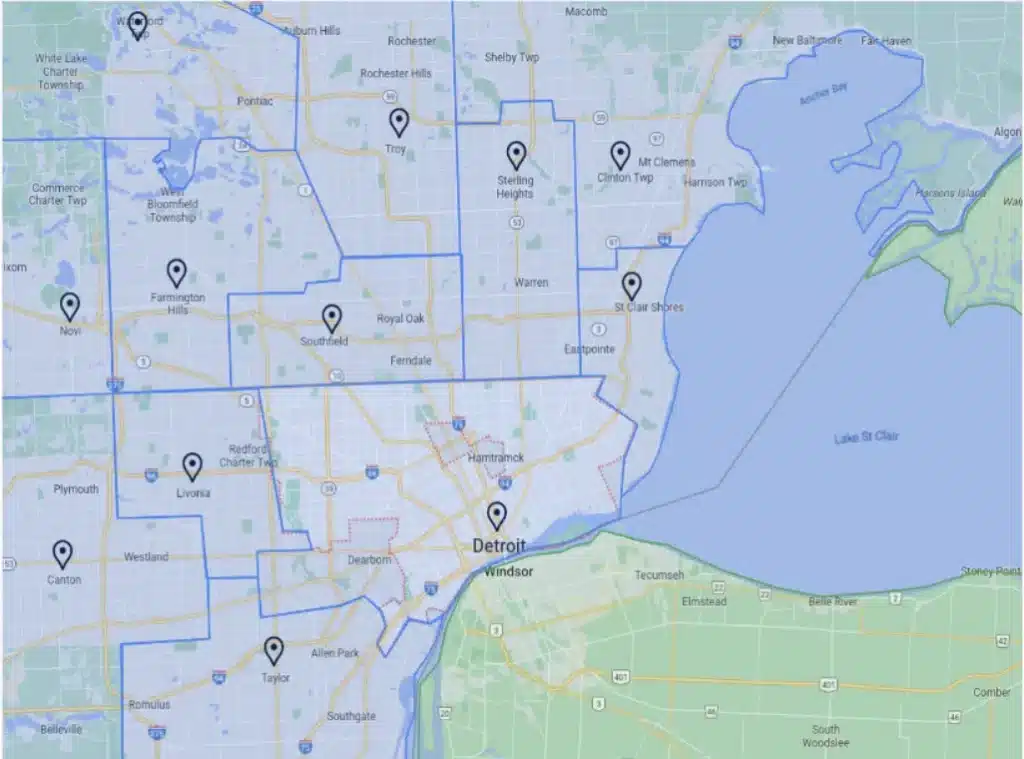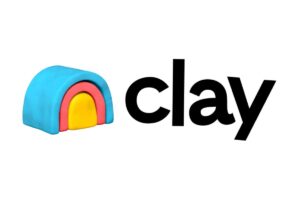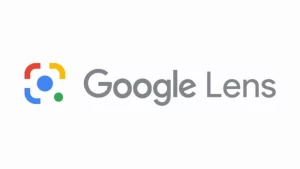Google is developing a two-hop proxy for Chrome aimed at enhancing user privacy, which could significantly impact advertisers in several ways:
- Restricted Ad Targeting: Advertisers will be limited to targeting broader regions predefined by Google, potentially reducing the precision of location-based advertising.
- Anonymous User Connections: The use of a proxy to connect to websites will obscure user identities, complicating the differentiation between authentic users and automated bot traffic.
- Controlled Location Data: Google’s enhanced collection of location data may lead to increased costs for advertisers due to the company’s unique access to this information.
Implications for the Market: The implementation of this two-hop proxy in Chrome could result in a de facto monopoly for Google on certain types of data. This monopolistic control could hinder competition in the search advertising sector as other search engines won’t have access to the same quality of data for location targeting.
Understanding IP-Based Geolocation: According to Google’s documentation, IP-based geolocation plays a crucial role in various services by aiding compliance with local regulations and delivering localized content. The geolocation involves assigning users to regional IP addresses confirmed by Google’s geofeed, ensuring city-level precision within these constraints.

Privacy Concerns: Although this new setup shields consumer data from third-party advertisers, it does not protect it from Google, raising potential issues around data privacy.
Regulatory Scrutiny: Both the UK’s Competition and Markets Authority and the Information Commissioner’s Office have expressed reservations. They are particularly focused on ensuring that Google’s Privacy Sandbox tools do not unfairly favor its own advertising services or compromise user privacy.
As Google plans to phase out third-party cookies, these developments call for a closer look at the implications for user privacy and market competition.
Source: Search Engine Land





